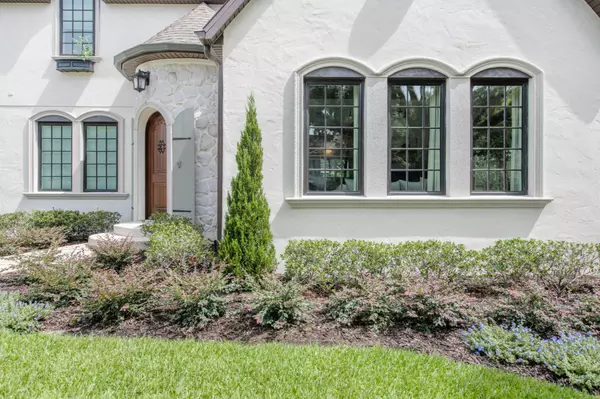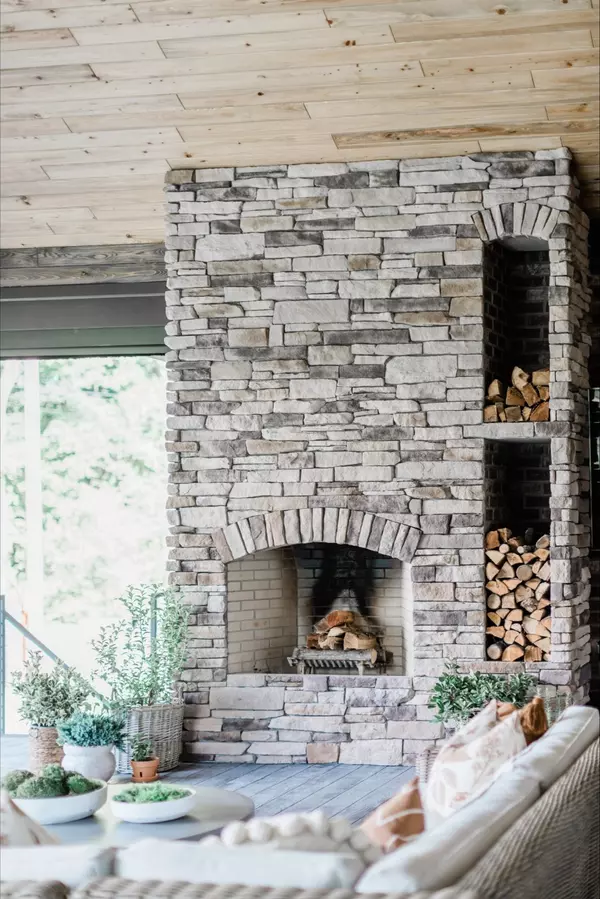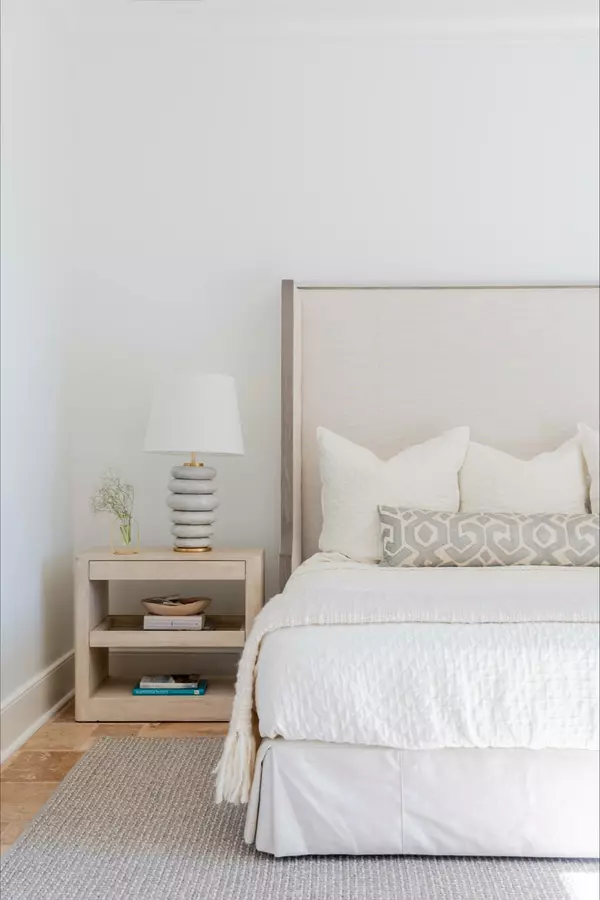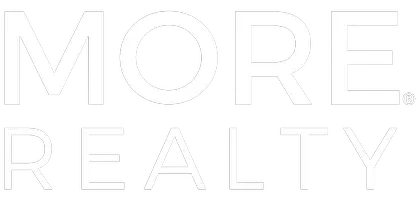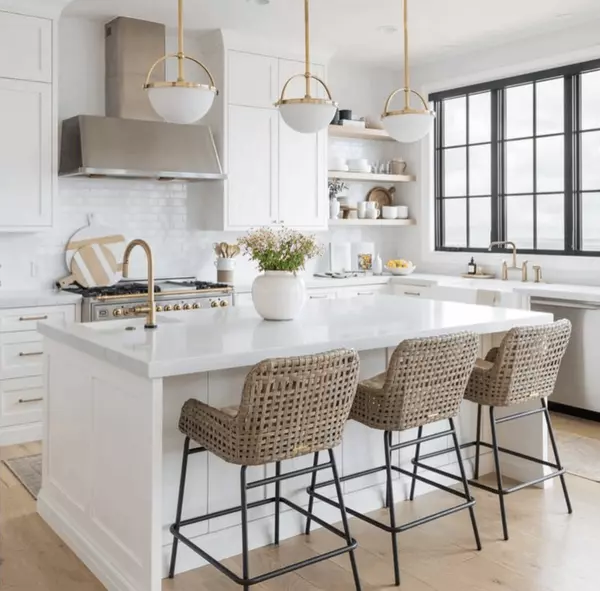
Home Renovations Before Selling: Dos and Don'ts
When preparing to sell your home, making the right renovations can significantly impact its market value and appeal. However, it's crucial to strike a balance between necessary improvements and over-the-top upgrades. Here are some essential dos and don'ts to consider before putting your property on the market.**Address Necessary Repairs**First and foremost, tackle any essential repairs that could deter potential buyers. Fixing leaky faucets, repairing broken windows, and addressing any structural issues should be at the top of your list. Buyers are often wary of properties that require immediate attention, so ensuring everything is in working order can make your home more attractive.**Boost Curb Appeal**Your home's exterior is the first thing buyers will see, so investing in curb appeal is a must. Simple tasks like mowing the lawn, trimming bushes, and planting flowers can make a big difference. A fresh coat of paint on the front door and clean, well-maintained walkways also contribute to a positive first impression.**Choose Neutral Colors**When it comes to painting walls or choosing finishes, opt for neutral colors. Shades of white, beige, or gray can make spaces feel larger and more inviting. Neutral tones also allow potential buyers to envision their own style in the space without being distracted by bold or unusual colors.**Upgrade Wisely**Focus on upgrades that offer a good return on investment. Kitchen and bathroom remodels typically yield high returns. Consider updating old appliances, replacing outdated fixtures, or installing new countertops. These improvements can modernize your home without breaking the bank.**Don't Over-Improve**While it's important to make your home appealing, avoid over-improving. High-end upgrades in a modest neighborhood might not yield the return you expect. Keep renovations in line with comparable homes in your area to ensure you’re not pricing yourself out of the market.In summary, smart renovations can enhance your home's appeal and value when selling. Address necessary repairs, improve curb appeal, choose neutral colors for a broader appeal, upgrade wisely with cost-effective improvements, and avoid over-improving beyond neighborhood standards. Following these guidelines will help you attract buyers and achieve a successful sale.

The Hidden Costs of Buying Home
Purchasing a home is an exciting milestone, but it's essential to be aware of the hidden costs that can catch buyers off guard. While the down payment and mortgage are the most obvious expenses, several other costs can significantly impact your budget. Understanding these hidden costs will help you better prepare for your home-buying journey and avoid any unwelcome surprises.One of the most significant hidden costs is closing costs. These are fees associated with finalizing your mortgage and transferring ownership of the property. Closing costs typically range from 2% to 5% of the home's purchase price and can include various charges such as loan origination fees, title insurance, escrow fees, and attorney fees. It's crucial to get an estimate of these costs early in the process so you can budget accordingly.Another important expense is the home inspection and survey fees. A home inspection is a critical step in the buying process as it helps identify any potential issues with the property before you finalize the purchase. The cost of a home inspection can vary depending on the size and location of the property, but it generally ranges from $300 to $500. Additionally, a property survey may be required to determine the exact boundaries of the land you're purchasing. Survey fees can also vary but typically fall between $300 and $700.Property taxes are another ongoing expense that buyers need to consider. Property taxes are assessed by local governments and are based on the value of your home. These taxes can vary significantly depending on where you live, so it's important to research the property tax rates in your desired area before making a purchase. Keep in mind that property taxes can increase over time as property values rise, so it's wise to budget for potential future increases.Homeowners insurance is another necessary cost that buyers must factor into their budget. This insurance protects your home and personal belongings from damage or loss due to events like fires, storms, theft, or vandalism. The cost of homeowners insurance can vary based on factors such as the location, size, and age of your home, as well as your coverage needs. On average, homeowners insurance premiums range from $1,000 to $3,000 per year.In addition to these primary hidden costs, there are other expenses that buyers should be aware of. For example, moving costs can add up quickly if you need to hire professional movers or rent a moving truck. You may also need to budget for utility deposits or connection fees when setting up services like electricity, water, and internet in your new home.It's also worth considering potential maintenance and repair costs once you've moved in. Even if your new home is in excellent condition at the time of purchase, unexpected repairs or routine maintenance tasks will inevitably arise over time. Setting aside an emergency fund for these expenses can help ensure you're financially prepared for any surprises.In conclusion, while buying a home is an exciting endeavor, it's essential to be aware of all the hidden costs involved in order to make informed financial decisions. By factoring in closing costs, home inspection and survey fees, property taxes, homeowners insurance, and other related expenses into your budget, you'll be better prepared for a smooth and successful home-buying experience. Remember that being well-informed and financially prepared will ultimately help you enjoy your new home with peace of mind.
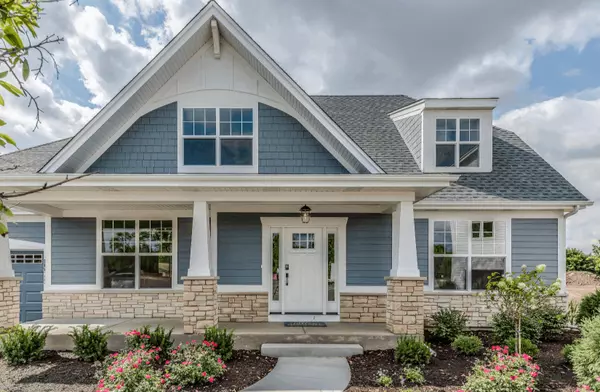
Understanding the Basics of a Reverse Mortgage
Navigating the world of real estate financing can be complex, especially when it comes to understanding the various mortgage options available. One such option that is often discussed but not always fully understood is the reverse mortgage. This financial product can be a valuable tool for certain homeowners, particularly those who are retired or nearing retirement. To help demystify this topic, let's delve into the basics of a reverse mortgage and explore its key components. A reverse mortgage is a type of loan available to homeowners who are typically 62 years or older. Unlike a traditional mortgage where you make monthly payments to a lender, with a reverse mortgage, the lender makes payments to you. The equity in your home is converted into cash, which you can receive in several different ways: as a lump sum, through monthly payments, or as a line of credit. **Lump Sum**: Opting for a lump sum means receiving all the proceeds from the reverse mortgage at once. This option might be suitable if you have immediate large expenses or debts that need to be paid off. However, it’s essential to plan carefully because once the lump sum is spent, there are no further disbursements from the loan. **Monthly Payments**: Choosing monthly payments allows you to receive a steady stream of income over time. This can be particularly beneficial for retirees who need consistent funds to cover living expenses. The amount received each month depends on several factors including your age, home value, and current interest rates. **Line of Credit**: A line of credit provides flexibility as it allows you to draw funds as needed up to an approved limit. Interest is only charged on the amount borrowed, making this option potentially more cost-effective if you don’t need all the funds immediately. It also offers a safety net for unexpected expenses that might arise in the future. When considering a reverse mortgage, it's crucial to understand that interest and fees will apply. Interest on the loan accrues over time and adds to the balance owed. There are also various fees associated with obtaining a reverse mortgage such as origination fees, closing costs, and servicing fees. These costs can add up and should be factored into your decision-making process. Loan repayment for a reverse mortgage works differently than traditional mortgages. Repayment is not required until you sell your home, move out permanently, or pass away. At that point, the loan must be repaid in full including any accrued interest and fees. Typically, this repayment is handled through the sale of the home; if there are remaining proceeds after paying off the loan balance, they go to you or your heirs. It’s important to note that because reverse mortgages reduce the equity in your home over time, they might affect your ability to leave your property as an inheritance. Therefore, discussing this decision with family members and considering their perspectives can be an essential part of the process. In summary, while reverse mortgages can provide financial relief and flexibility for eligible homeowners by converting home equity into accessible funds, they come with complexities including interest accruals and various fees that must be carefully considered. By understanding how lump sums, monthly payments, lines of credit work alongside repayment obligations and costs involved, you can make an informed decision about whether this financial product aligns with your long-term goals and needs. Always seek advice from a qualified lender who can provide personalized guidance based on your unique situation before proceeding with a reverse mortgage.
Categories
Recent Posts




